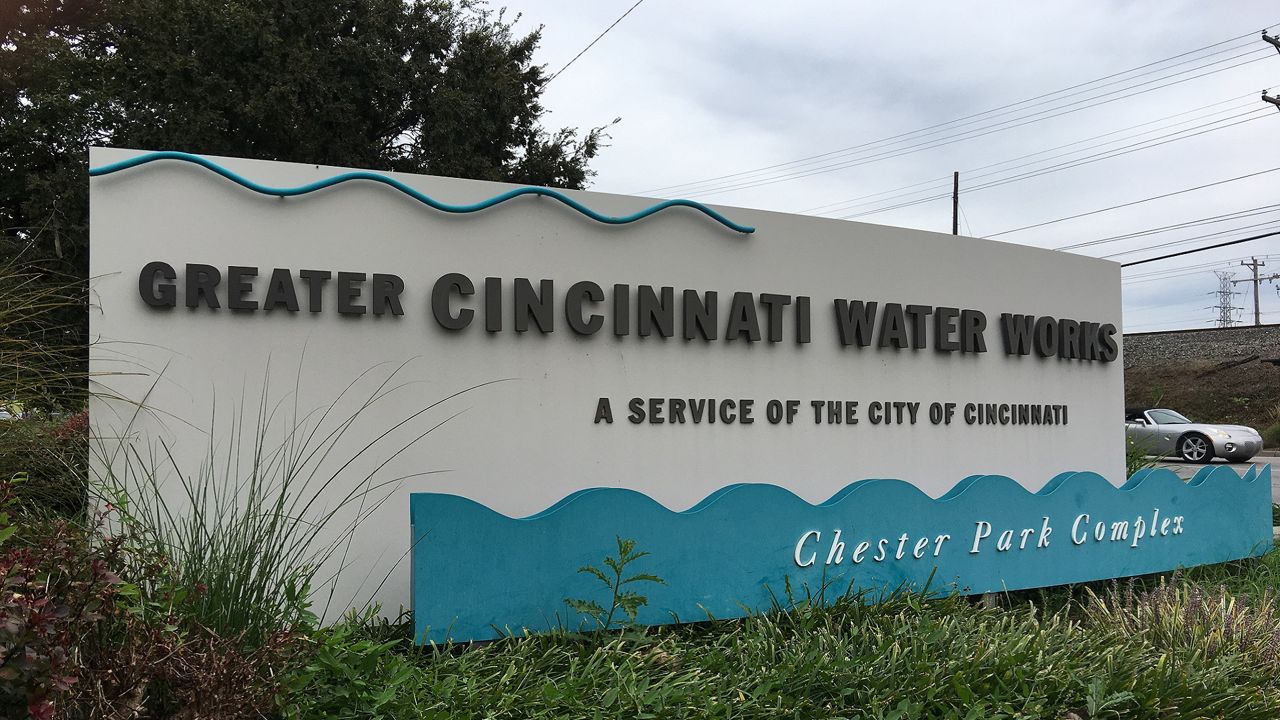CINCINNATI — Greater Cincinnati Water Works is warning customers about a new telephone scam threatening to shut off a customer’s water if they don’t make an immediate payment on their bill.
What You Need To Know
- Greater Cincinnati Water Works is warning customers about a possible scam phone calls and text messages
- There've been nine reported suspicious calls or texts as of Thursday morning
- The calls demand money from a customer to keep their water on
- While any customer could receive the suspicious call, experts believe older adults are at greater risk of being scammed
As of Thursday morning, the Cincinnati-based public utility had received nine reports from customers about suspicious phone calls and text messages demanding money for water service.
In those cases, the calls came from a non-Greater Cincinnati Water Works number. The number did include Cincinnati’s “513” area code.
During the calls, the scammer has claimed they represent the utility company. They’ve then informed the customer their account is overdue and they must pay their bill immediately, or they’ll have their water service disconnected. The scammer then asks for the customer’s credit card or debit card information.
The scam is similar to those affecting utility customers across the United States, according to a spokesperson for Water Works.
Since the start of the year, there've been 25 complaints about potential scam calls related to utilities, like water, received and documented by the Ohio Attorney General.
In those cases, a customer reported a scammer posing as a utility company to "gain money or information," according to a statement from the office of Attorney General Dave Yost. As of Friday morning, only one of those cases involved Water Works.
GCWW doesn’t yet know for certain why the fraudulent calls started. But it’s believed it may have something to do with the fact they recently reinstated service shutoffs for delinquent bills, per the spokesperson.
Water Works suspended shutoffs during the heart of the COVID-19 pandemic, but they resumed the practice May 2. The agency said the fraudulent calls started Tuesday, July 19.
GCWW representatives will never demand payment and won’t accept payment during a call, the spokesperson said. Instead, they’ll offer the customer payment options, including the potential for financial help.
Customers can pay their bill on the GCWW online portal, or by calling the Water Works and using its automated payment system.
Local and state law enforcement are aware of the scam threat, per the spokesperson.
Who’s at risk of being scammed
Greater Cincinnati Water Works serves customers in Cincinnati, most of Hamilton County, and parts of Butler and Warren counties. The agency also provides water to Boone County in Northern Kentucky.
While anyone can fall victim to such a scam, older adults can be vulnerable to this type of situation, according to Council on Aging, the Area Agency on Aging for southwestern Ohio. Seniors lose an estimated $3 billion each year to financial scams.
Older adults are appealing targets for scammers. Beyond being the largest population group in the U.S., they often have access to a healthy nest egg, like savings, and home equity, as well as financial benefits, such as Medicare and Social Security.
But it’s not just about available financial resources. Paula Smith, a spokesperson for Council on Aging, said seniors at all economic levels get targeted for other reasons, including their availability during the day, their trust and respect for authority, and because of age-related vulnerabilities such as living alone, or having physical or mental impairments. They're also less likely to report being a victim of frauds and scams out of embarrassment or fear of losing their independence.
Council on Aging considers scams and financial exploitation a form of elder abuse.
“Financial exploitation of older adults has been called the crime of the 21st Century,” Smith said. “It can have a devastating impact on older adults, threatening not only their financial well-being, but also their health and independence.”
What to do if you suspect a fraud or scam
The attorney general's office stressed that scams and acts of fraud come in “all shapes and sizes.” And they’re not always easy to detect — even if the number that shows up on a caller ID looks familiar.
Any legitimate call from Water Works about overdue bills will only come from 513-591-7700, the agency spokesperson said. But scammers can use a technology called Voice over Internet Protocol, or “spoofing” to disguise their number.
Yost’s office maintains a list of warning signs, and ways to avoid being scammed. That includes not providing specific personal information, like a Social Security number or banking details, over the phone or via text. Pressure from a caller to “act now" is another red flag, the state said.
Anyone receiving a suspicious, or aggressive call should report it to local police or the attorney general’s office. Specific details about the call — names mentioned, the reason for the call and any caller ID information — can help with the investigation.
If a person feels like they’ve become the victim of a scam and have lost money, they can file a report with the attorney general's office. The consumer protection team will work with them to try to resolve the complaint.
More information is available on the Ohio.gov website.



